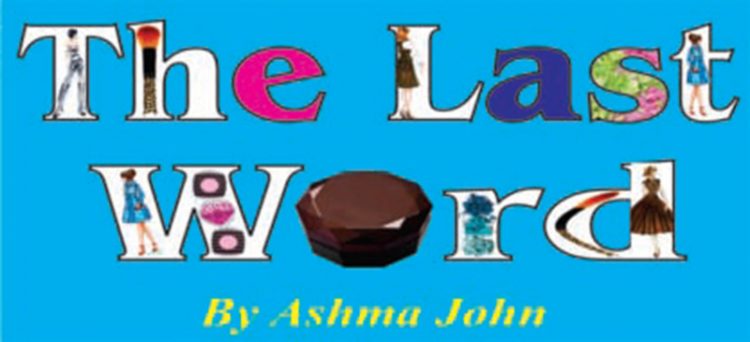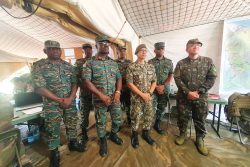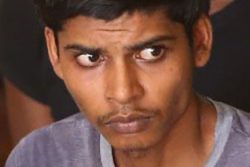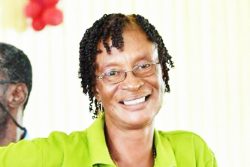 To travel without a visa to a country where you once needed it feels awkward and strange. That was how I felt last week in the UK. After years of applications, document translations, paid document uploading, expensive trips to Berlin to just do biometrics (I live in Germany), the hoop jumping now feels like a deflated façade.
To travel without a visa to a country where you once needed it feels awkward and strange. That was how I felt last week in the UK. After years of applications, document translations, paid document uploading, expensive trips to Berlin to just do biometrics (I live in Germany), the hoop jumping now feels like a deflated façade.
Generally, northern and western countries, since colonial times, had impressed and mesmerised with promises of a better and more superior life. This has contributed to the amplified desire for arranged marriages, overnight accents, birthed the infamous ‘backtrack runnings’, idealised birth and pregnancy travel and caused rifts in families over the rights of superiority dependent on what the passport looks like.
Jamaican Dancehall Singer Shenseea in her song “Foreplay” included the lyrics, “Play with it like FIFA, Happy like wen mi get America Visa”, which I believe best summarises the mysterious joy that always seems to accompany the acceptance of free movement and the supposed pride over ‘going outside or travelling to foreign’. As the lyrics soak into the psyche it can feel like she is projecting the specialness that only a select few can experience or are worthy of and thus separating the haves from the have nots.
These attitudes that surround freedom of movement are neither surprising nor unimaginable, especially for those from Caricom countries/ former colonies. The sense of not belonging reigns supreme and there is a far-reaching aspirational desire that has been ingrained in us. So much so that one doesn’t even have to travel to realise it’s evident in the way we socialise, dress and speak; in the foods and aesthetics we find appealing and what we deem as the authority, even if we declare ourselves certain of knowing ourselves. One doesn’t have to look very far to see the way we idolise foreign culture over our own because we feel it may earn a few points amongst our peers as seen recently with Terry Gajraj’s viral post. These actions and tendencies are, however, part of a bigger problem. It actively portrays how we willingly play into whiteness, foreignness and imperialist ideals even when we are not so clear with our words or sometimes even conscious of doing so.
Growing up, there was always a prestige in our family attached to going to a British university. My eldest sibling was first to study there. My parents did see it as a prideful thing, as traders who made their way from Corentyne, Berbice to Georgetown, as a married interracial couple and blended family to send their first daughter to study at the prestigious University of Cambridge. They brought her home every holiday period and it always felt like a shiny example we should take note of.
I remember how happy my mom was when both me and my other elder sister were finishing university at the same time a few years later. An unfulfilled dream, I guess, for her and my father and a desire to give their children something they felt was unimaginable for themselves, but proof that they too could have done it if circumstances were different for them when they were our age.
Much of these behaviours are coated in shame, an intrinsic fear of not being good enough and a profound inclination of wanting to belong in spaces that have labelled us rejects. But every time we mobilise these behaviours and attitudes we play into whiteness and imperialism. We unconsciously partake in the haves and have-nots system which has potential to harm. We hardly leave room to really interrogate how such attitudes impact self-esteem, how they separate us from understanding difficulties at home without sounding like highhanded idiots, and last but not least makes us believe that a replication of what we have been taught in foreign spaces is readily adaptable to life back home.
While the significant hoop jumping may be over for certain places and whether or not we choose to travel, this ingrained way of thinking is still very much present. It reveals itself in every fraction of society and we must try our best to curb it, so it doesn’t tamper with our sense of self and national pride.









